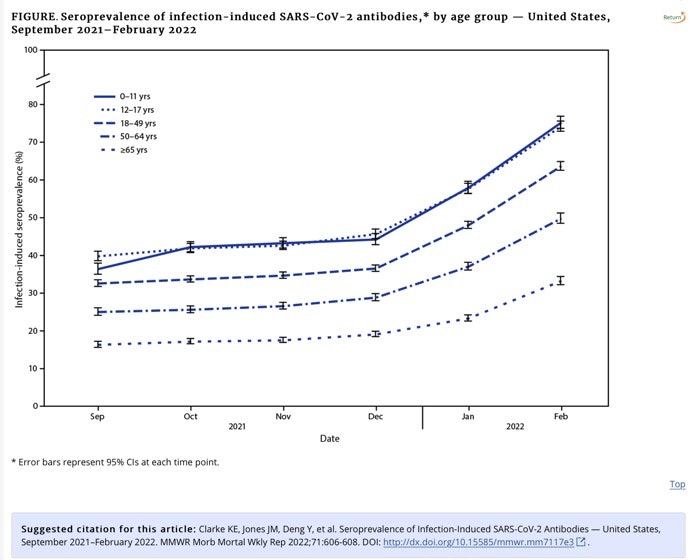Is It a Crime to Be Exposed?
Imagine you’re back in pre-school.
You’re sitting on the rug, listening to the teacher read a storybook. Suddenly, the nurse calls into the classroom. “Mrs. Jones? Can you send Bobby to the health office right away?”
You’re not sick, and you don’t take any medicines at school like your friend Michael does. Why do you have to go to the nurse?
When you arrive, the nurse tells you that someone else in your class has come down with a sickness called RSV. She can’t say who, but she knows you sit next to him at lunch. So he might have given you RSV, even if you don’t feel yucky yet.
She puts you in a separate room, with a mask on, until your mom can come and you can’t come back to school for 5 days, because if you get sick, you might get other kids sick.
Fast forward to your high school days…
You’re in your 5th period math class, seated in the last row. The nurse comes in just as the teacher says to take out last night’s homework. She leans over and whispers, “I need you to come with me. You were in close contact yesterday during school with someone who tested positive for flu. You didn’t get a flu shot, so you’ll need to go home.”
You have no idea who she’s talking about – and she won’t tell you how someone has decided you were in contact with this person, or why it matters. You’re not sick and you shouldn’t have to leave.
“I want to stay in class,” you whisper.
“No, you have to come with me,” she insists.
“There’s a test tomorrow. I need to stay,” you counter.
The nurse leaves. Five minutes later, two security guards and a Dean come in. Now it’s three versus one; you have no choice. They escort you out, call your parents, and you can’t return until next week on the condition that you present a negative flu test.
I wish these scenarios were fiction, but they’re not. Each is the real story of a child and a teen, respectively, in Chicagoland, from this school year. As you can guess, the illness each student was “guilty” of being exposed to was the eminently-survivable Covid-19.
I also wish these were the only students to which this happened over the past two years. Sadly, millions of children across the country have been individually forced to quarantine in the same manner – some repeatedly for upwards of 40 days or more total. They did nothing wrong; they committed no crime. In most cases, they’ve been denied due-process and equal-protection rights, simply for being in the same airspace as a peer who tested positive for and/or became sick with what is a low-risk respiratory virus for nearly all children.
The law and communicable disease code in my state (Illlinois) does not give schools the independent authority to “figure out” close contacts, or tell not-sick kids to stay home. Only local health departments can issue such orders to a person, who can object to the order and go before a judge.
Unfortunately, months of illegal executive orders, agency workarounds, fearful school boards, and dishonest legal advice have misled parents and the general public about the limits of the government’s ability to limit freedom of movement – including during a pandemic. In most places (Illinois included), we not only need appointed & elected officials to follow existing laws, we need new laws passed that ensure that children can’t be denied an in-person education because they might develop symptoms of an illness.
The truth is, contact-tracing and exposure quarantines are for highly localized outbreaks involving actually-sick people and pathogens that aren’t airborne, seasonal, and endemic. To my knowledge, there’s no evidence that either strategy has been critical to keeping kids in schools during this pandemic. Data recently published by the CDC estimates that over 75% of American children and teens had been infected with SARS-CoV-2 as of December 2021. (Marty Makary rightly notes the current figure is closer to 90%.)

Any school or health department still pretending that Covid is deadly for healthy children – or that it’s possible to prevent the spread of a cold – is either self-interested or deeply deluded.
Evidence of the devastating impacts of keeping kids out of school – either via whole-building closures or individual exclusions – will continue to mount. I predict that class-action lawsuits will be filed eventually, but for now, parents must demand their schools stop accusing children of exposure.
Republished from the author’s substack